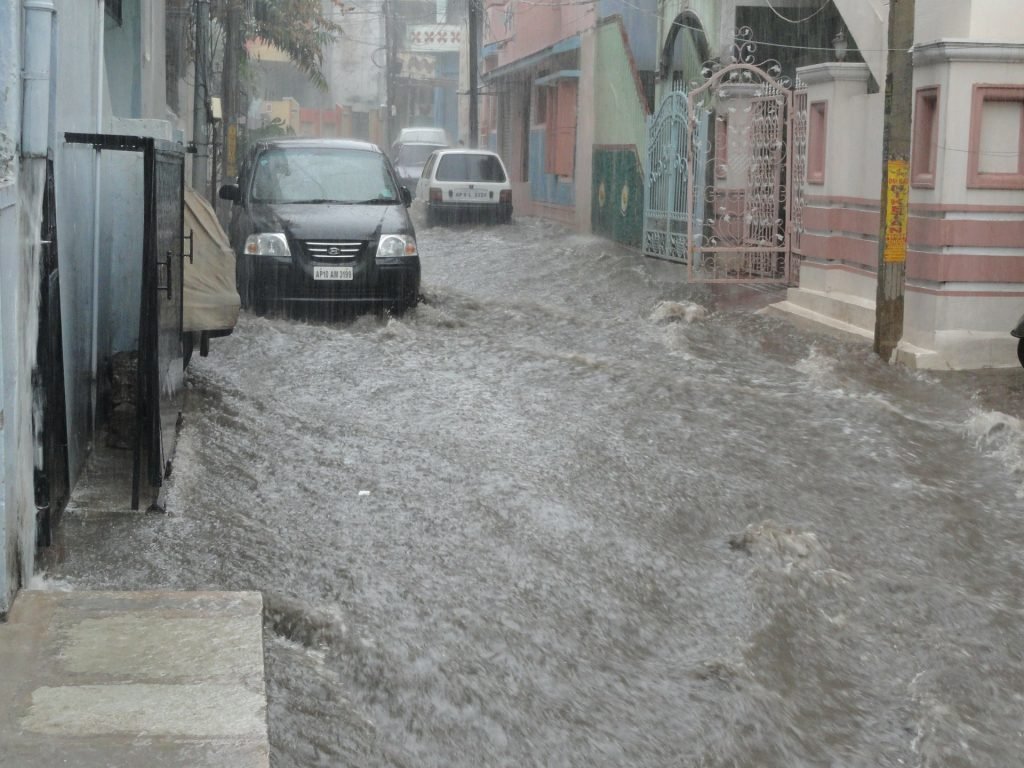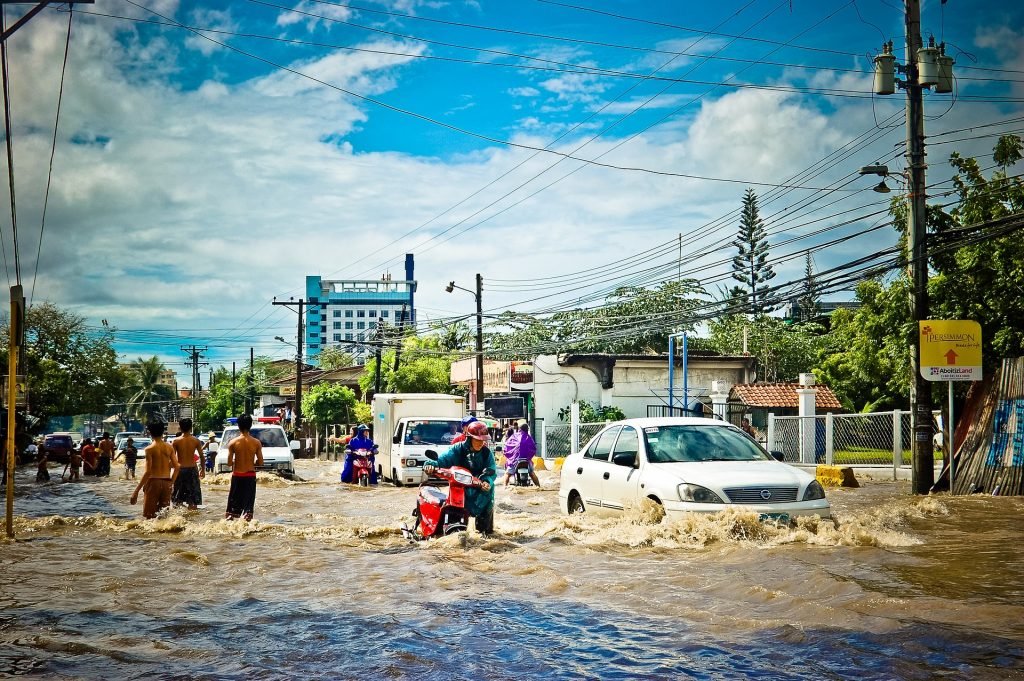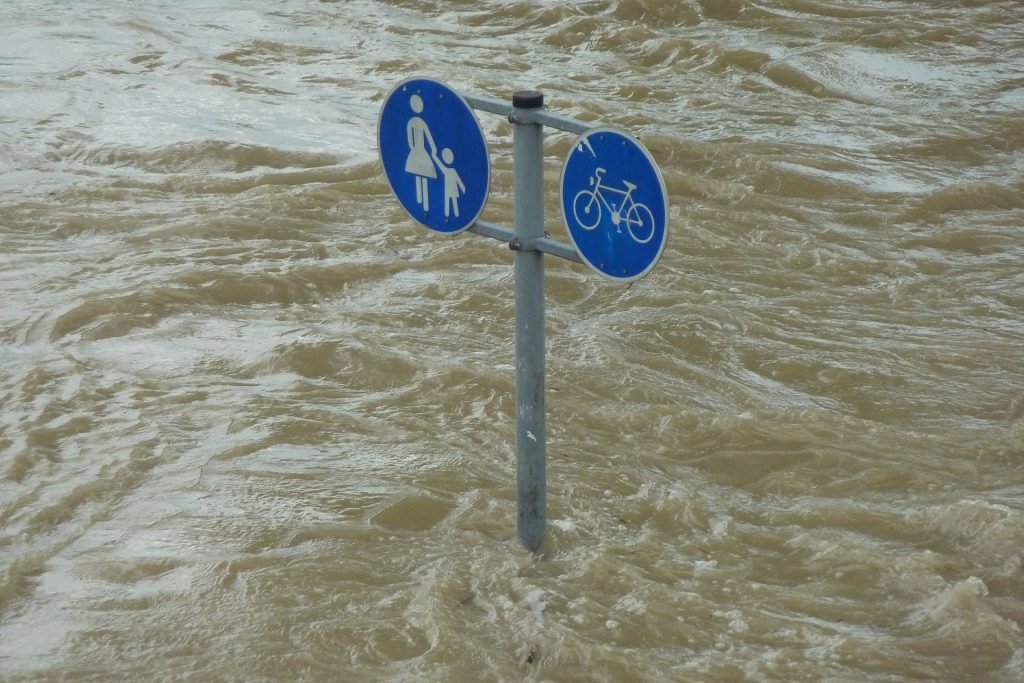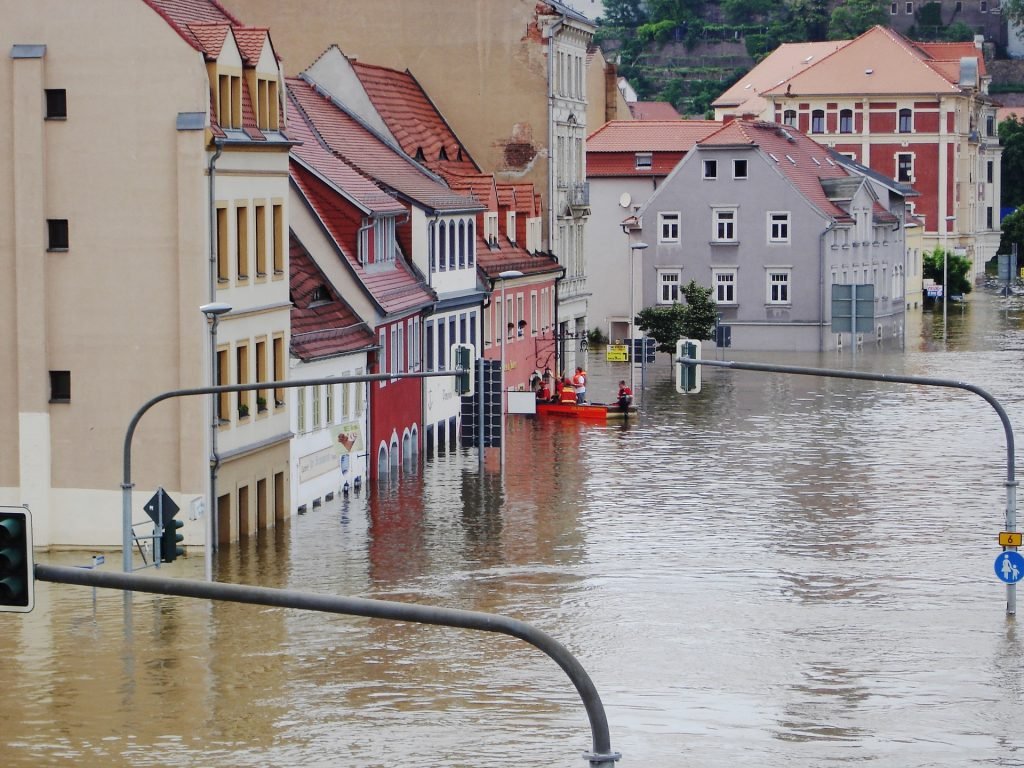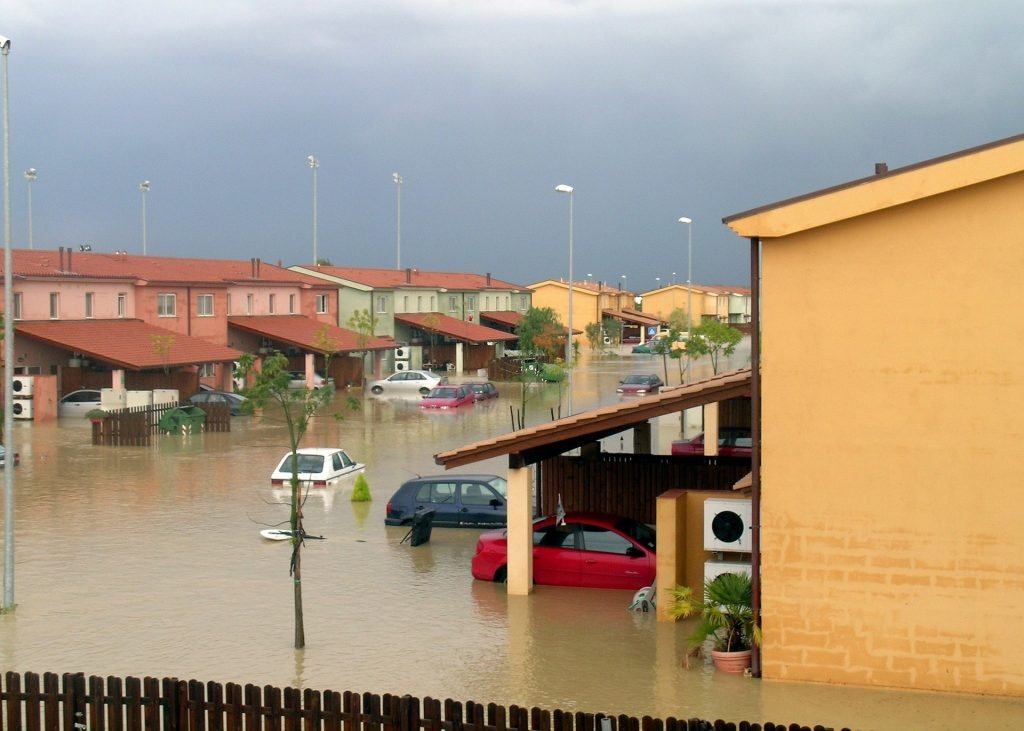How to keep flood water out of house
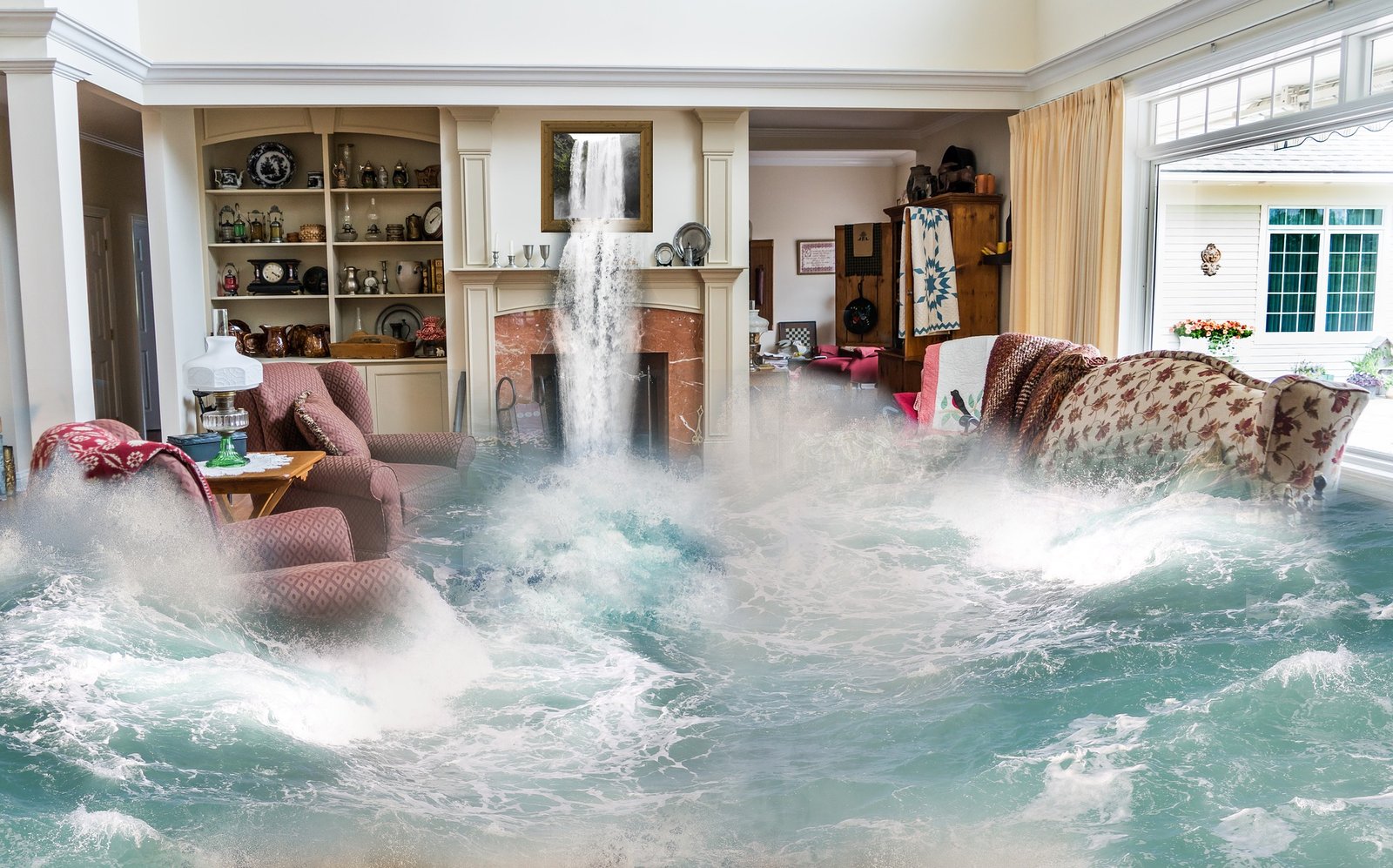
Each year, floods are accountable for an incredible amount of damage to private homes, and in some cases, floods are also responsible for the injury or even for the death of residents.
In many areas, the possibility of a flood may be moderate or fairly low, but even when risks are perceived as being small, homeowners should take the time to protect themselves, their families, and their homes from this potentially devastating type of damage.
The powerfully destructive nature of flooding may not allow for the complete prevention of a disaster, but with the right steps taken towards damage prevention and proper planning for flooding events that do take place, homeowners can minimize the challenges they’ll face once flooding has stopped.
With the right assets and considerations in place, it’s possible to keep flooding from being a major security concern.
A large part of effectively responding to the threat of a flood is to understand the threat in the first place.
Often, homeowners have little if any knowledge about existing flood dangers in their neighborhoods, and may not make any preparations for such an event.
People sometimes imagine that flooding is only a concern when homes are placed near major rivers, but there are many other features of landscapes and of actual home builds themselves that can place a building at risk for flooding.
As a result, it’s of great importance for homeowners to thoroughly check out the flood risk of a new property.
This can be achieved by accessing historic flood data, keeping an eye on flood warnings, and speaking to local neighbors and businesses about any flooding accidents they may have experienced.
The more that is known about the potential of flood damage, the more easily and effectively that damage can be prevented or managed.
Once risks of flooding have been established, homeowners with even the slightest concern about flood activity in their area should consider purchasing a relevant insurance policy.
Some homeowners fail to fully grasp the coverage of existing policies, and may assume that they’re covered in case of flooding or related events. In fact, many policies omit this type of insurance, requiring a supplemental plan to cover different types of flooding damages.
The best way to obtain flood insurance plan
The best way to obtain an effective and sensible flood insurance plan is to work with a trusted insurance broker familiar with the particular risks of the area.
In addition to purchasing a reliable flooding plan, homeowners should also take special care to secure their insurance documents.
In the event of an actual flood, locating necessary papers and contact numbers can be difficult if not impossible, and having such information at the ready can greatly increase the speed of any necessary communication or paperwork.
Along with a great insurance plan, it’s a wise idea for families to create and practice a general flood plan.
A large part of the unnecessary damage and potential injury that can occur during a flood is due to poor emergency response, often because a home’s residents have never considered what to do in case such a catastrophe occurs.
Moving family members to higher home levels and identifying an escape route are important parts of any flood escape plan, and residents should also be aware of how to locate basic flood emergency supplies.
Indeed, emergency flood kits should be created well in advance of the anticipation of flooding risks.
Items such as first-aid kits, flashlights, emergency radios and batteries, extra clothing, and well-sealed foods should be stored in an easily identifiable and easily reached area of the home.
Such kits should also include important information such as emergency contact numbers and the numbers of local electricians, plumbers, and other professionals to help families minimize damages and remain safe.
Flooding risks
Some of the injuries associated with home flooding aren’t simply attributable to the water.
Electrical shocks can cause serious harm and are a major danger when flood water is present. If electrical equipment can be safely unplugged before evacuating a home or moving to a different level, it should be done.
If any doubt exists as to the safety of such an action, however, a qualified professional should be contacted immediately. Similar steps should be taken to shut off gas and water valves.
People with homes located in particularly vulnerable areas may wish to consult with utility professionals in advance to learn how to perform necessary shutoff steps in the event of a flooding emergency.
Though many people don’t include flooding in their disaster awareness or contingency plans, the sheer amount of damage and injury that such disasters can yield makes taking flooding seriously a necessary task.
Thankfully, preventing unmanageable losses from floods and protecting family members from related harm can be accomplished when a few simple steps are taken to prepare and respond to flooding threats.
Water and flood alarms are designed to detect water and will trigger an alarm if detection is made.
The sensors can be stand-alone or can work (depending on model and design) with a phone dialer, a home alarm, or with an environmental control system.
In addition, water and flood alarms can also be integrated with a valve control unit that shuts off a given water line when prompted.

